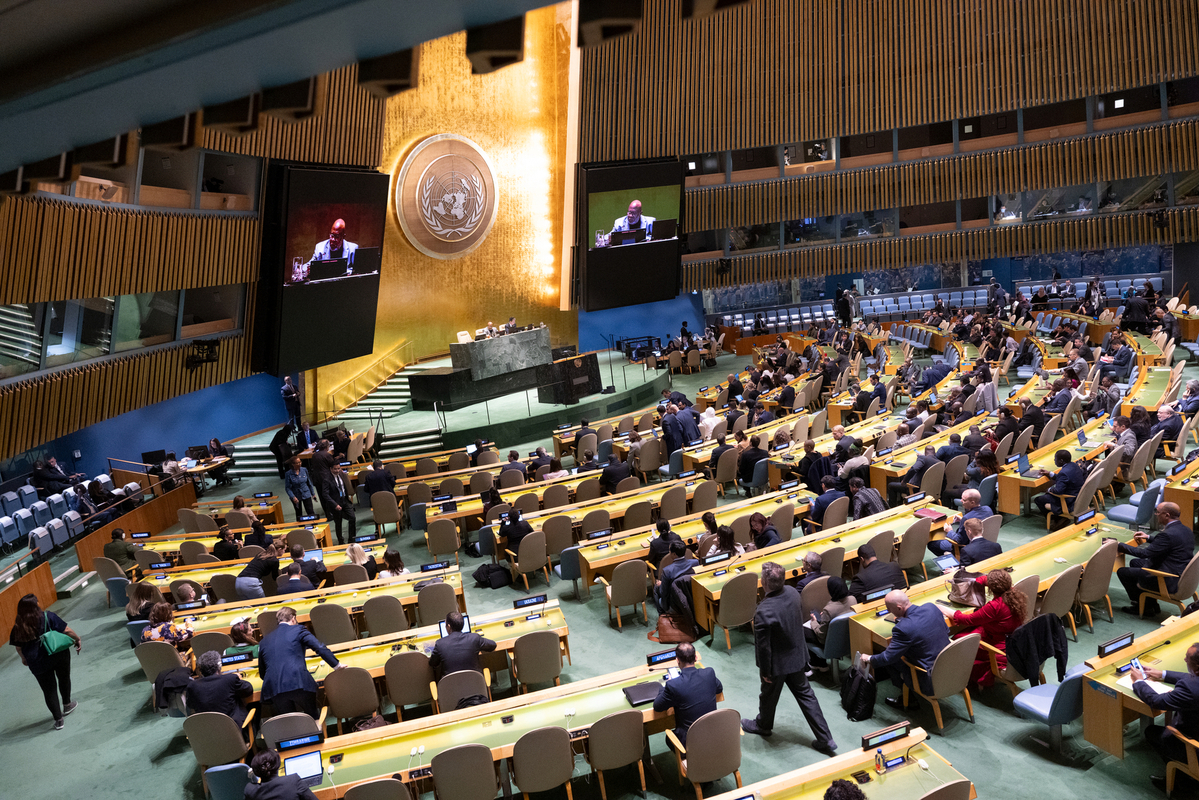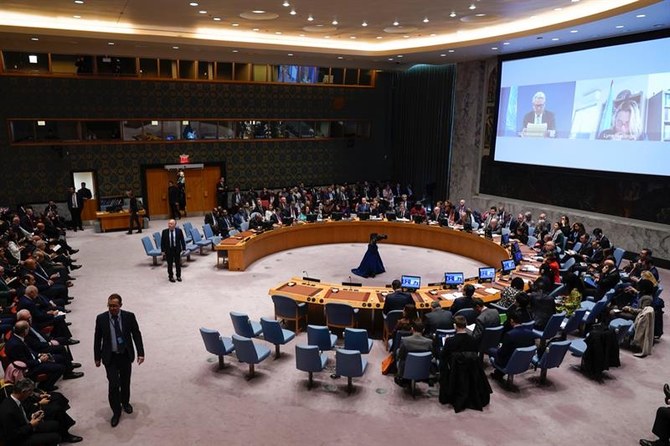In a critical development on the global stage, the UN General Assembly has reconvened its 10th Emergency Special Session to address the escalating Israeli-Palestinian conflict. The assembly session, which began on Thursday, seeks to find a resolution to the ongoing crisis that has resulted in immense human suffering and loss of life.
Calls for Immediate Ceasefire and Humanitarian Aid
The opening remarks of the General Assembly President, Dennis Francis, set a tone of urgency and concern for all parties involved in the conflict. He strongly condemned both the Hamas attack on Israel on October 7 and Israel’s indiscriminate targeting of civilians and critical infrastructure in Gaza. Francis stressed, “The brutality of the Hamas assaults is shocking and unacceptable, and has no place in our world.” He also pointed out that the ceaseless bombardment of Gaza by Israel and its consequences are deeply alarming, emphasizing that the right of self-defense should not give rise to indiscriminate and disproportionate reprisals.
Francis called on all parties to this conflict to abide by international humanitarian law and immediately establish conditions to allow for a humanitarian corridor to the Gaza Strip. He underlined the urgency of ensuring life-saving assistance reaches those in need, stating that depriving the people of Gaza of essential supplies would violate their human rights and international humanitarian law. He declared that the fundamental principles of human rights and international law must be upheld without exceptions.
At this juncture, the General Assembly President made it clear that the most immediate step is to halt the violence, prevent further bloodshed, secure the release of all hostages, implement an immediate, unconditional humanitarian ceasefire, and open corridors for humanitarian assistance and relief. He asserted that the only path to a comprehensive, just, and lasting peace is a negotiated two-state solution, consistent with international law and relevant UN resolutions.
Emotional Pleas for Peace and Justice
Riyad Mansour, the UN ambassador for Palestine, delivered an emotional speech, denouncing Israel’s actions in Gaza as indefensible. He revealed the devastating human toll of the conflict, with nearly 7,000 Palestinians killed, the majority being women and children. Mansour passionately asked the Western delegations whether they could defend such a war, labeling the actions as crimes and barbarianism.
Mansour implored the delegations to vote in favor of the Jordanian-drafted resolution, urging them to “vote to stop the killing, vote for humanitarian aid to reach those whose very survival depends on it.” He stressed the importance of choosing justice over vengeance and peace over more wars, calling for an end to the double standards in the region.
Jordan Tables Resolution for UN Assembly Vote
Jordan’s Deputy Prime Minister and Foreign Minister, Ayman Safadi, speaking on behalf of the Arab Group, presented the draft resolution to the assembly. He highlighted that the resolution aims to achieve peace and compliance with international law, reflecting the core purpose of the United Nations.
Safadi called for unity and urged the assembly to “vote YES” to send a powerful message that the international community acknowledges the suffering of both Palestinians and Israelis. He emphasized the significance of valuing every life and the need to save lives, stating that this resolution could be a lifeline for those affected by the conflict.
The resumed Emergency Special Session is expected to continue into Friday, and the resolution tabled by Jordan is anticipated to be put to a vote. Notably, the UN Security Council, despite its primary responsibility for international peace and security, has been unable to pass any resolutions on the recent escalation in the past two weeks. The outcome of this session and the assembly’s vote will hold significant implications for the ongoing Israeli-Palestinian conflict, as the international community seeks to bring an end to the violence and provide crucial humanitarian assistance.
















